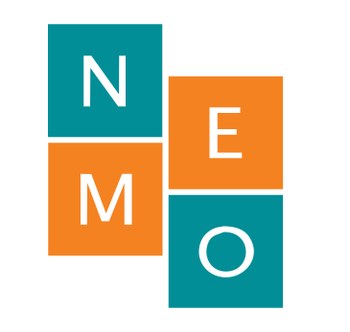NeMo 2019-1-IT02-KA201-063340 Activities and results

NeMo's objectives:
(i) To allow primary school teachers to acquire knowledge and competences needed to include the ASD children within the class activities.
(ii) Introducing and recommending these new curricula to primary school teachers, within a unified ISCED 0 system (0-6 years), taking into account ASD children needs.
(iii) Introducing and recommending monitoring instruments and a monitoring frame, in order to create greater coherence in the monitoring and the prevention practices.
Thanks to the involvement of the local ECEC services in the testing phases and the feedbacks collected by the ECEC teachers, NEMO partners will produce the following outputs:
O1) Training courses for teachers on prelinguistic observation and early assessment of ASD;
O2) Report and implementation recommendations for the ECEC 0-6 monitoring system;
O3) ICT Toolkit Instrument for children with ASD;
O4) Guidelines of teachers’ 0-6 curricula;
The local implementation and the european level of dissemination will ensure the project to reach the following impact:
The University of Bologna with AIAS Bologna Onlus will be focused on the IO1 point, developing a methodology of analysis concerning interactions, which will be later included within the teachers’ courses.
Kristianstad University and European University of Cyprus will be leading the work for the European ECEC Monitoring Report IO2, which include a comparative report between split and unitary Monitoring ECEC systems (European level) and proposals and recommendations for including pre-linguistic methodologies in ECEC environments;
Together with University of Valencia, AIAS Bologna Onlus is also in charge for the realization of the ICT toolkit for ASD children IO3. The staffs will define a solid framework of learning design used within the appropriate teaching and learning paradigm developing a common pedagogical system (educational goals, methodology, learning activities, evaluation methodologies, and guidance for teachers).
Gruppo Nazionale Nidi Infanzia and European Research Institute will be coordinating the work on the 0-6 ECEC Curricula IO. Focusing on different European curricula and integrating the innovative methodologies for monitoring ASD children into a renewed proposal, the tool will be able to provide a new framework for European ECEC teachers’ curricula beyond the unitary/split system they belong to.


The European Commission's support for the production of this publication does not constitute an endorsement of the contents, which reflect the views only of the authors, and the Commission cannot be held responsible for any use which may be made of the information contained therein.